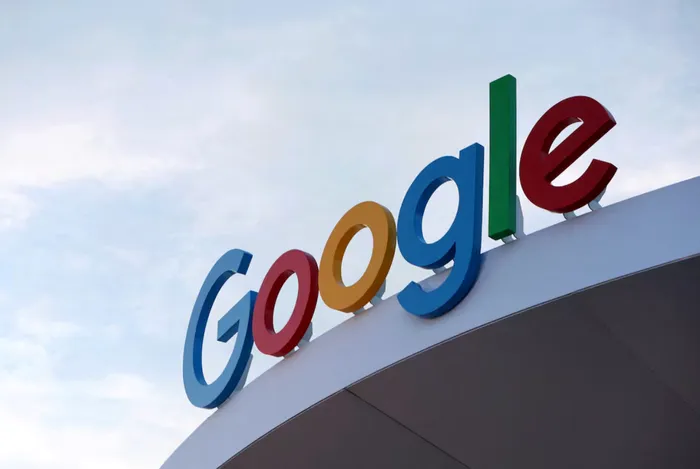
Google and YouTube have agreed to pay South African media R688 million over the next five years following an inquiry by the Competition Commission into the ailing state of the media in South Africa.
Image: File
THE R688 million Media Support Package over five years, as agreed with Google and YouTube, will fund national, community and vernacular media through a combination of content licensing, innovation grants, and capacity-building initiatives.
It includes support for newsroom innovation, contributions to the Digital News Transformation Fund, and funding for vernacular-language training through the Media Development & Diversity Agency (MDDA).
The support package was announced at the final Media and Digital Platforms Market Inquiry report launched on Thursday by the Competition Commission.
Google will also introduce new user tools to prioritise local news sources, provide technical assistance to improve website performance, share enhanced audience data, and establish an African News Innovation Forum. Microsoft, in turn, will extend its MSN news contracts to include five additional national publishers.
The commission’s inquiry found that Google has a monopoly over the sharing of news media on the internet through search. Google and a number of other technical companies, however, agreed to changes which would benefit South Africa’s media.
After extensive engagement and two months of negotiations with global platforms and stakeholders, the Competition Commission finalised a number of remedies designed to restore the struggling media.
The final report underscores how news media is essential for democracy, serving as the cornerstone of public accountability and informed citizens. Yet, the global transition to digital platforms has severely undermined traditional revenue models and has eroded the financial positions of news media.
In South Africa, declining advertising income and the limited ability of audiences to pay for subscriptions has led to shrinking newsrooms, closed bureaus, and constrained reporting capacity. Meanwhile, digital platforms exacerbate these pressures by capturing audiences and monetisation opportunities that traditionally sustained news outlets.
The Inquiry found that major global platforms (Google, Meta, Microsoft, TikTok, X and AI companies such as OpenAI) dominate key gateways through which South Africans access information. In search, Google maintains a dominant position. It does however not compensate South African media for the news content it displays or summarises.
In the social media space, Meta has meanwhile agreed to create a Media Liaison Office in South Africa and expand monetisation access through workshops, ad credits, and the removal of follower thresholds.
YouTube will offer automatic access for all South African media to its Partner Programme and support the SABC with direct ad sales and archive digitisation. TikTok will roll out its Publisher Support Suite in South Africa, including monetisation and analytics tools, while X Corp will make all monetisation programmes available locally and provide training workshops.
All platforms will implement digital literacy initiatives to strengthen media resilience and counter misinformation. Remedies in AdTech and AI will align South Africa with leading global standards. Google will extend transparency measures from the EU, improving visibility into advertising costs and publisher payments, and will remove self-preferencing practices within its ad systems.
AI companies will offer South African media the same content controls and opt-out mechanisms available in the EU, alongside biannual training to support the development of a fair and functioning market for licensed content.
The Inquiry recommends that the Department of Trade, Industry and Competition issue a block exemption to enable collective bargaining by South African media over platform monetisation terms, AI content licensing, AdTech pricing, and joint ad-sales for community media.
The Department of Communication and Digital Technology is also encouraged to develop content-moderation regulations under the Electronic Communications and Transactions Act (ECTA), introducing self-regulation frameworks for social media platforms and establishing an independent Social Media Ombud to oversee public complaints and moderation practices.
Minister of Trade and Industry, Parks Tau, who had seen the report for the first time on Thursday when it was handed over to him, undertook to present it within the next ten days to Parliament for its approval. He also undertook to go through the report as soon as possible, while he hailed the work of the commission in giving a lifeline to the media in the country.
Cape Times